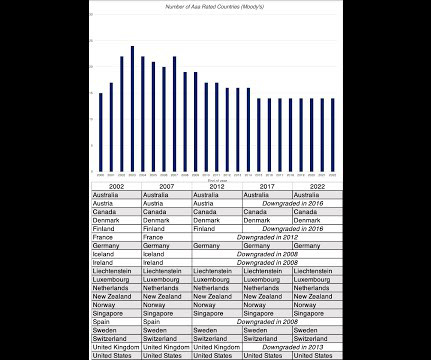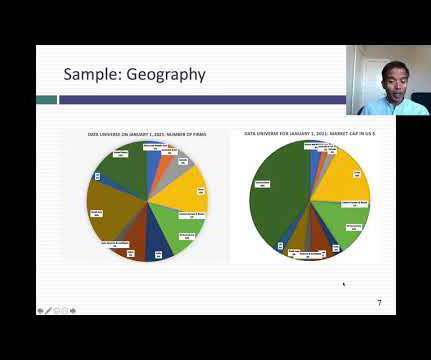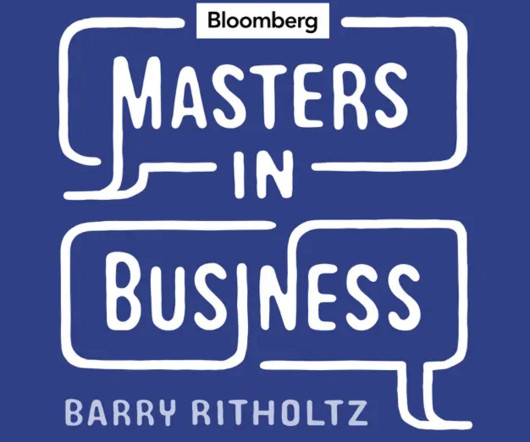In Search of Safe Havens: The Trust Deficit and Risk-free Investments!
Musings on Markets
AUGUST 15, 2023
After the rating downgrade, my mailbox was inundated with questions of what this action meant for investing, in general, and for corporate finance and valuation practice, in particular, and this post is my attempt to answer them all with one post.














Let's personalize your content